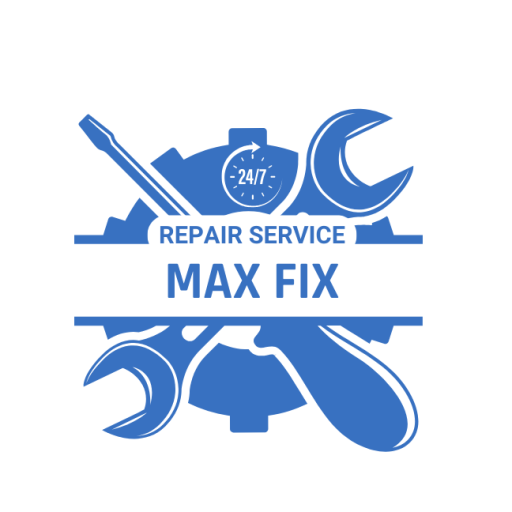Expert Appliance Repair Services by Max Fix
At Max Fix, we specialize in providing fast, reliable, and affordable repair services for all your home appliances. Whether your refrigerator is on the fritz, your washer isn’t working, or your oven is giving you trouble, our expert technicians are here to help. With years of experience and a commitment to quality service, we ensure that your appliances are up and running as quickly as possible, saving you time and money.
We understand how frustrating it can be when your essential appliances break down. That’s why Max Fix offers flexible scheduling and same-day service for urgent repairs. Our team is equipped with the knowledge and tools to handle a wide range of issues on all major appliance brands. From small fixes to more complex repairs, we are dedicated to providing dependable solutions that keep your home running smoothly.
At Max Fix, customer satisfaction is our top priority. We pride ourselves on our transparent pricing, friendly service, and the lasting repairs we provide. When you need a trusted appliance repair expert, Max Fix is the name you can rely on. Call us today for all your appliance repair needs!

Why Choose Max Fix?
Our comprehensive suite of professional services caters to a diverse clientele, ranging from homeowners to commercial developers.
Fast, Same-Day Service
We offer quick response times and can often provide same-day repairs for your convenience.
Experienced Technicians
Our team is highly trained to handle repairs on all major appliance brands and models.
Affordable Pricing
Transparent and competitive pricing with no hidden fees ensures you get the best value for your repair needs.
Reliable Solutions
From minor fixes to complex issues, we provide lasting repairs to keep your appliances in top working condition.
Customer Satisfaction Guarantee
We are committed to delivering exceptional service and ensuring every customer is fully satisfied with our work
Flexible Scheduling
We work around your schedule, offering convenient appointment times to fit your needs.
At Max Fix, we believe in providing fast, reliable, and affordable appliance repair services with a focus on customer satisfaction. We get your home running smoothly again, so you don’t have to worry about a thing.
Max Shtein
CEO
